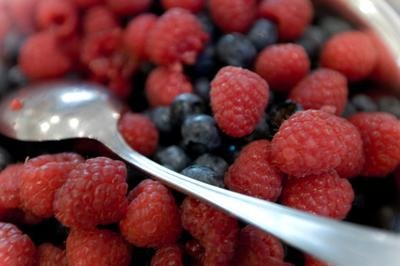Enhancing Children’s Bedtime Routine with Smart Snacking
A well-timed snack can work wonders for children’s sleep quality. Optimal bedtime snacking isn’t about full meals but rather small, healthy portions. Aim for about an hour before bedtime, allowing the food to settle without disrupting your usual routine.
Ideal bedtime snacks should be both nutritious and energy-balanced. Carbohydrates and proteins are key, while sugary options should be avoided to prevent unwanted bursts of energy that can hinder sleep.
Nurturing Nighttime Nourishment
Here are some wholesome bedtime snack suggestions for children and even adults:
1. Fresh Fruit: A timeless choice for any snack, fresh fruits like apples, grapes, bananas, or more exotic options can promote healthy habits from an early age.
2. Yoghurt: With an array of flavors and textures, including fruit and low-fat varieties, combining yoghurt and fresh fruit introduces variety and nutrition.
3. Cereal and Milk: This breakfast classic is suitable for any time of day, especially with low-fat milk. The gradual energy release won’t disrupt sleep routines.
4. Crackers and Cheese: Surprisingly fitting for an evening snack, controlling portion size is easy, ensuring your child’s hunger is satisfied without overeating.
5. Toast: A quick, low-prep option that can be tailored to taste. Opt for thin, healthy spreads instead of sugary toppings.
Timing and Moderation Matter
Avoid incorporating snacks into your child’s bedtime routine, but provide a healthy option if they’re genuinely hungry. Aim for about an hour before sleep to allow digestion time.
Foods to Approach Cautiously Before Bed
These guidelines extend to adults as well:
1. Caffeine: Particularly in children’s cola drinks, caffeine is a stimulant that interferes with sleep.
2. Large Meals: Small portions are key. Heavy meals before bedtime often lead to restless sleep.
3. High-Fat Foods: Opt for healthier options instead of processed snacks high in sugar and fat, which disrupt sleep patterns and contribute to weight gain.
And for the grown-ups, while alcohol might seem like a sleep aid, it often disrupts sleep, leaving you feeling less rested and potentially affecting your ability to navigate the next day—especially important when caring for young children.
